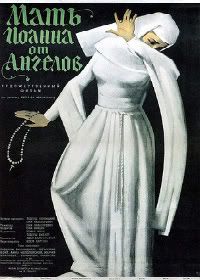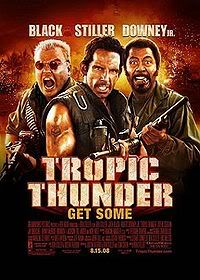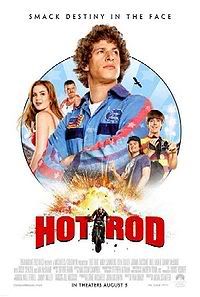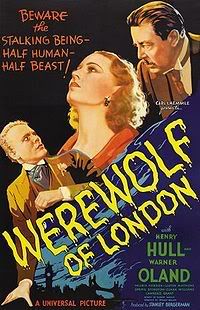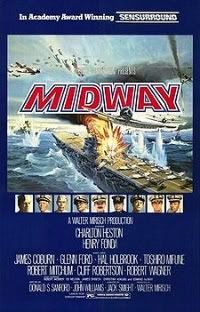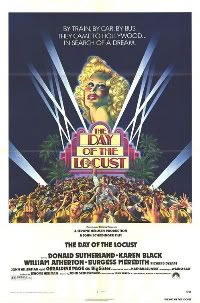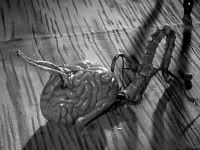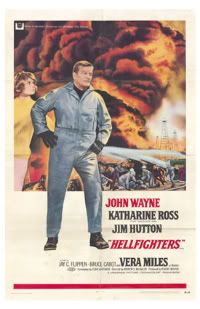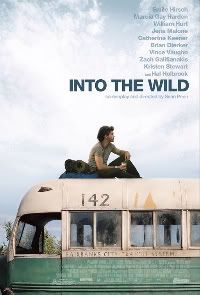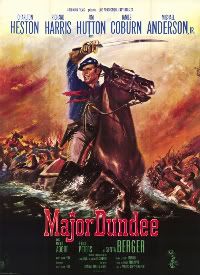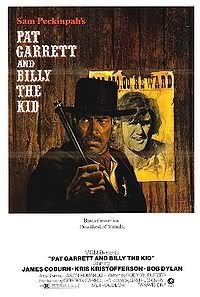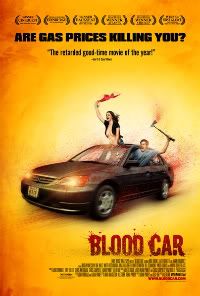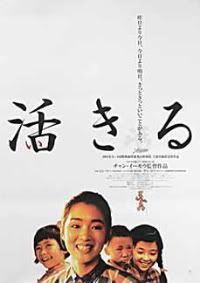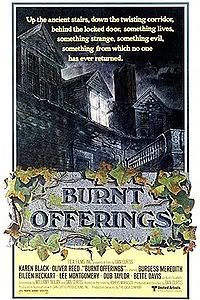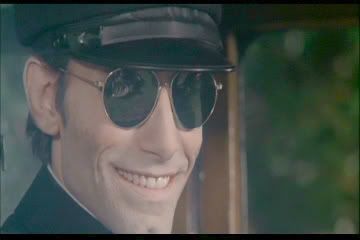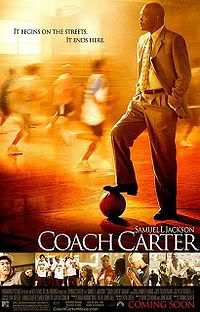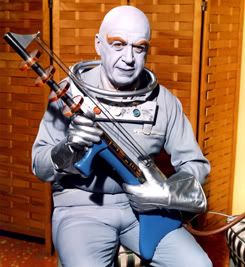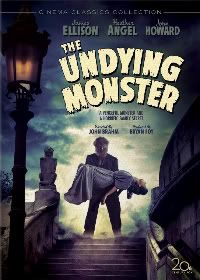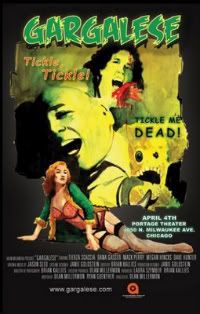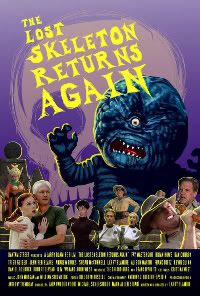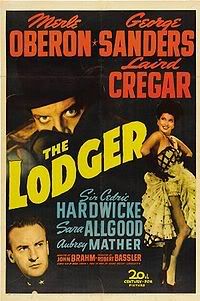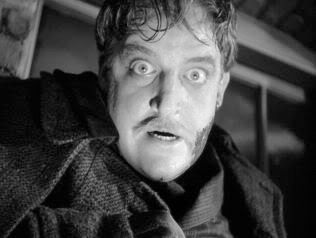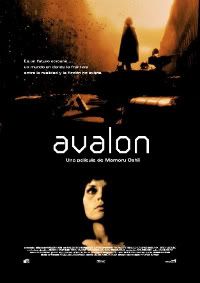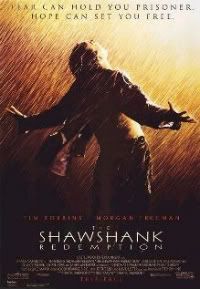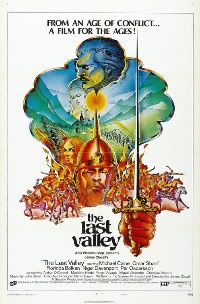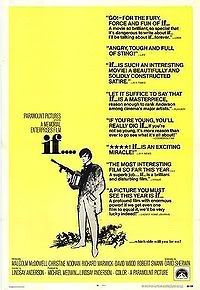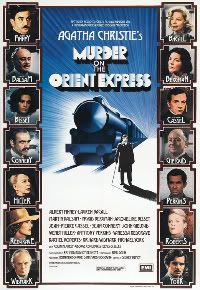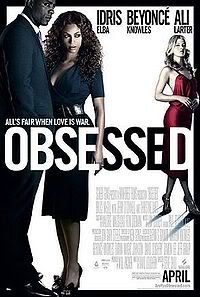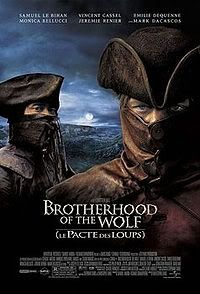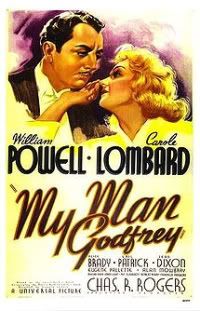
Out of all the actors in history, I don't think anyone has drank more on screen than William Powell. There were many actors who were lushes off screen, but on screen, I think Powell would rival even Oliver Reed. Well, Powell doesn't disappoint as he kicks back until he tumbles down into a Hooverville in this light-hearted comedy of manners. The film kicks off with a scavenger hunt with the creme of society scrambling desperately about for knickknacks. Cornelia and Irene Bullock (Gail {Patrick and Carole Lombard) travel to the local dump in search of a "lost man" and are joyous when they come across Godfrey (Powell) amidst the sea of trash. Cornelia comes on too strong, so Godfrey not only pus her in her place, but he also assists Irene in spiting her sister by aiding her in winning the hunt. Out of happiness, Irene bequeaths Godfrey with the title of butler and the antics begin.
The humor in the film is clearly of that daffy "screwball comedy" era, where everybody's nuts, yet things always miraculously fall into place. The film takes more than a few grains of salt when it comes to plausibility, but that doesn't ruin the fun. Powell and Lombard have great chemistry on the screen together, especially when Lombard is falling head over heels for Godfrey and he curtly dismisses one advance after another. The supporting cast is grand fun too, with Alice Brady encapsulating the stereotypical, oblivious, ditsy matriarch and Franklin Pangborne doing what Franklin is paid to do: act effeminate and upset (he has an uncredited cameo as the emcee for the scavenger hunt). My favorite player easily had to be Eugene Pallette.
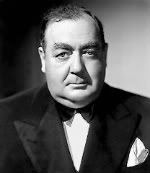
The rotund, frog-voiced character actor is probably best remembered for his role of Friar Tuck in the Technicolor splendor "The Adventures of Robin Hood." He plays the only voice of reason and as a buoy of sensibility in a sea of madness, he remains perpetually pissed off (which to me, is comic gold). While he's the only true plutocrat in this well-to-do family (though, as the plot unfolds, it does seem that someone else is better off than he lets on), he's the everyman. He's how you or I would react if plopped down into this bizarre world. I wondered if he's received any recognition for the role, but it seems he was overlooked. Powell, Lombard and Brady all received nominations, and rightfully so, but the only Best Supporting Actor nomination for the film went to Mischa Auer, the only character so kooky that I found him utterly annoying. Go figure.
Watch the Trailer
